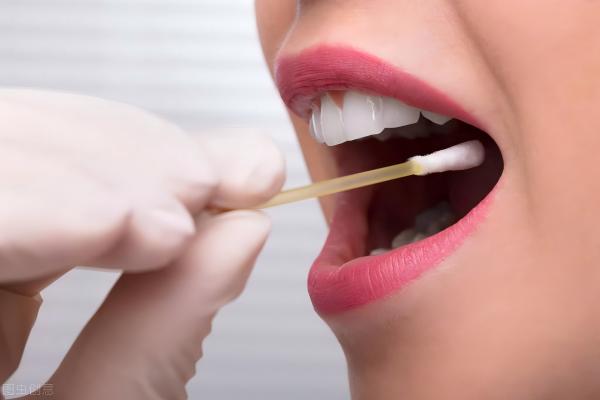Genetic testing has revolutionized the fields of medicine and ancestry research. A buccal smear, a non-invasive method, plays a crucial role in this process. In this blog post, we will explore the significance of buccal smears, their advantages, and their applications in genetic testing.

What is a Buccal Smear?
A buccal smear involves collecting cells from the inner cheek lining (buccal mucosa) using a small brush or swab. These cells are then analyzed for genetic information. This method is preferred for its simplicity and non-invasive nature.
How to Collect Samples for Buccal Smear
The collection process is straightforward. A healthcare professional or individual gently rubs a swab inside the cheek for a few seconds. The collected sample is then placed in a container for laboratory analysis.
Step-by-Step Collection Process
- Preparation: Ensure hands are clean and the swab is sterile.
- Collection: Rub the swab against the inside of the cheek.
- Storage: Place the swab in a sterile container.
- Submission: Send the sample to a laboratory for analysis.
Advantages of Buccal Smear in Genetic Testing
Buccal smears offer several benefits over other sample collection methods like blood draws or tissue biopsies.
Non-Invasive and Painless
One of the primary advantages is that buccal smears are non-invasive and painless, making them suitable for individuals of all ages, including infants and the elderly.
Easy and Convenient
The process is quick and can be done at home, which increases accessibility and convenience.
Cost-Effective
Because of its simplicity, a buccal smear is often more cost-effective compared to other methods.
Applications of Buccal Smear in Genetic Testing
Buccal smears are widely used in various fields due to their ease of collection and reliability.
Medical Diagnostics
They help in diagnosing genetic disorders, identifying carriers of genetic conditions, and personalizing medical treatments.
Ancestry and Paternity Testing
Buccal smears are commonly used in ancestry research and paternity testing due to their non-invasive nature.
Research
Researchers use buccal smears for large-scale genetic studies, allowing for the collection of numerous samples with minimal discomfort to participants.
Here are some of the best sterile swabs and kits for buccal smear:

















